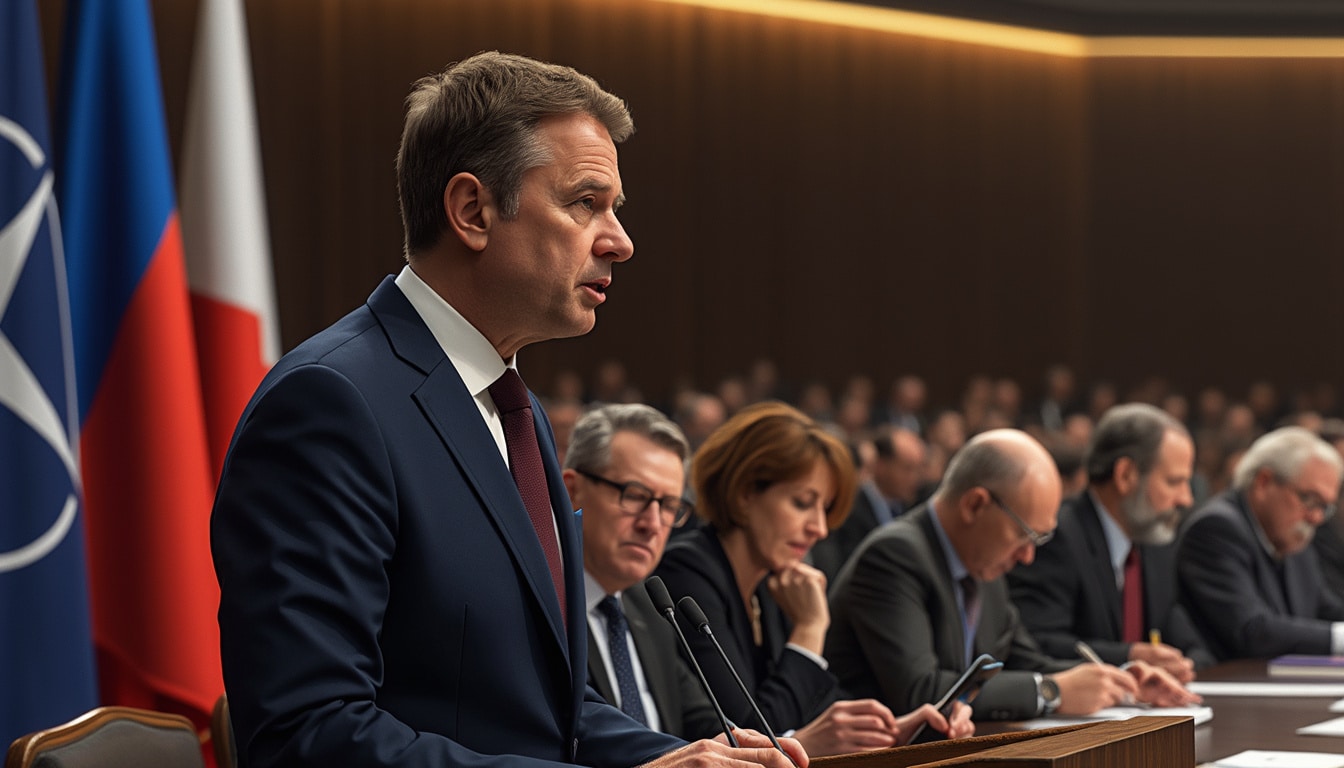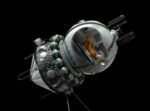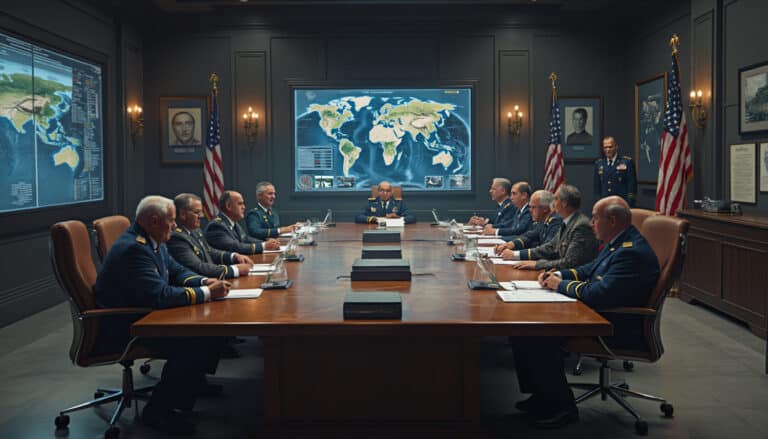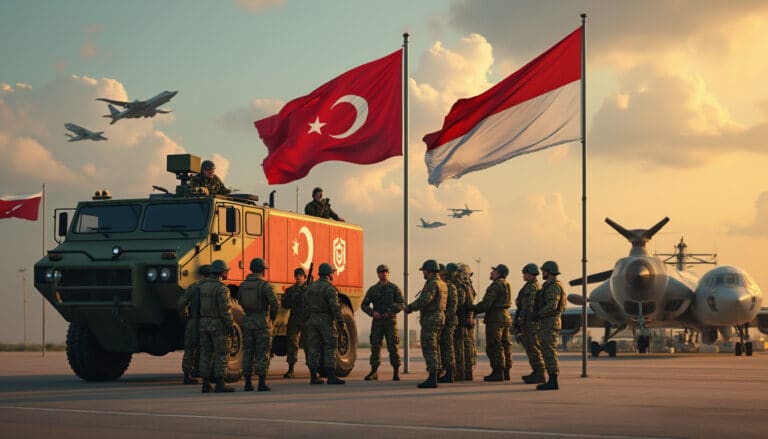In the current geopolitical context, the Polish president, Andrzej Duda, has expressed his support for nuclear armament within the framework of NATO, in response to the growing threat posed by Russia. As tensions rise, particularly with the militarization of the Kaliningrad enclave and the military support granted to Belarus, Duda emphasizes the necessity to act in order to reinforce the security of the eastern flank of the alliance. His statements are part of a broader discourse, where nuclear armament is envisioned as a strategic tool to deter any potential aggression from opposing powers.

Table des matières
ToggleThe Polish president calls for NATO nuclear armament
The Polish president Andrzej Duda recently mentioned the idea of strengthening Poland’s position against the Russian threat by hosting nuclear weapons on its territory. This statement is part of a broader strategy aimed at securing NATO in response to recent Russian military deployments near Polish borders. Indeed, the geopolitical situation in Europe has been largely influenced by Russia’s aggression towards Ukraine, prompting NATO countries, including Poland, to reassess their defense strategies.
The implications of such a decision for Poland
Hosting nuclear weapons represents a significant turning point for Poland, which wishes to play an active role in enhancing NATO’s deterrent capabilities. Duda emphasized that if NATO decided to deploy nuclear warheads to protect its eastern flank, Poland would be ready to participate in this initiative. This would include adapting certain fighter jets so that they could carry nuclear munitions. This development could strengthen not only national security but also the sense of solidarity among NATO members.
The strategic context in Eastern Europe
The proximity of Poland to the Russian enclave of Kaliningrad, where nuclear weapons could be deployed, increases the necessity for a deterrent arsenal. Poland finds itself at the heart of a military tension dynamic where quick decisions must be made. The militarization of Russia and acts of aggression in Ukraine prompt NATO countries to question fundamental aspects of their collective defense. Consequently, discussions on initiatives like these are crucial to ensure a balance of power in Eastern Europe.























